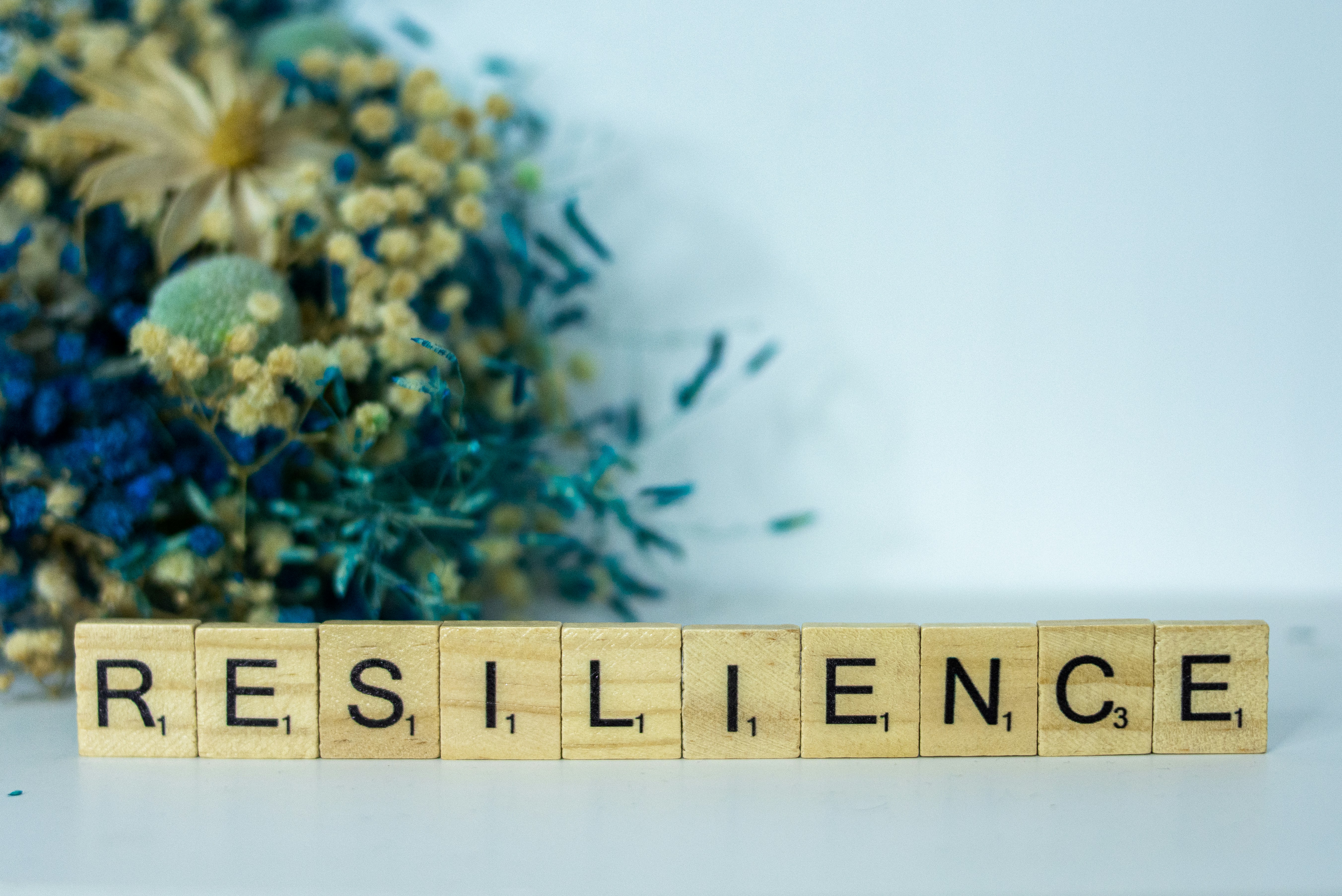What Mental Toughness Really Means for Athletes
Mental toughness isn’t just about grinding through pain or staying on your feet when things get rough. It’s sharper than that more refined. The best athletes know it’s about locking in when most people mentally check out. Focus, resilience, and discipline aren’t feel good buzzwords. They’re the daily habits that define who performs under pressure and who flinches.
Ask elite performers what toughness means, and you won’t hear about heroic moments. You’ll hear about quiet consistency. Sticking to the plan when motivation dips. Resetting after a mistake without spiraling. Being aware of emotions, but not ruled by them.
And that’s the real split: tactical vs. emotional strength. Tactical mental strength is process driven routine, preparation, execution under stress. Emotional strength is about management controlling fear, self doubt, or frustration without losing direction. Together, they build the mental armor athletes need when physical talent alone isn’t enough.
Common Mental Barriers in Sports
Mental blocks don’t always show up loud. Often, they surface quietly right before the game changing moment. Self doubt creeps in when everything’s on the line the split second hesitation, the questioning of your own prep. That pause can fracture performance faster than fatigue ever will.
Fear of failure isn’t just nerves. It sticks around after an injury, during a plateau, in rehab when progress stalls. It tells athletes they might never get back to where they were. Even when the body starts returning to form, the brain can hit the brakes hard.
Then there’s burnout the kind that doesn’t always look dramatic. One day you wake up and the motivation’s flatlined. The body could go, sure, but the mind sends a firm “not today.” That’s when the real mental work matters: knowing when to rest, when to reset, and how to keep showing up anyway. Because sometimes the toughest opponent isn’t across the court it’s in your own head.
Building Mental Toughness Like a Pro

Mental toughness doesn’t show up when the lights are on. It’s built quietly in early alarms, cold mornings, and doing the work when no one’s watching. Top athletes lean on rituals and routines not because they’re trendy, but because consistency keys performance. From morning breathwork to end of day visualization, daily structure makes mindset non negotiable.
Adversity isn’t an obstacle; it’s the gym where resilience trains. The best use setbacks to sharpen their advantage. Think injury time as mental reps reframing pain into growth. That edge doesn’t come easy, but it’s available to anyone who learns to lean in instead of back down.
Look at legends like Serena Williams or Kobe Bryant. Their game was fierce, but their routine? Fiercer. Repetition. Training. A refusal to compromise mental focus under pressure. The lesson: treat your mindset like a muscle strength comes from tension plus recovery.
For a concrete start, try stacking a mindset habit into your existing workouts: short visualizations before a session, journaling your wins afterward, or practicing intentional breathwork when tension spikes.
For more tactical guidance, these proven mental toughness methods break down what the pros actually do and how you can apply it beyond sports.
Tools That Push You Through the Wall
Mental toughness doesn’t come from white knuckling your way through every challenge. It comes from having tools ready when your mind starts to slip. Breathwork is one of those tools simple but powerful. A few controlled inhales and slow exhales can shift you out of panic mode and into performance mode within seconds. Visualization is another anchor: athletes use it to mentally rehearse success before it happens. It’s not fluff it’s prep.
Then there are cognitive resets. Think of them like “mental timeouts” that redirect focus. A cue phrase. A shakeout routine. Whatever works to clear the mental clutter and get back to the task.
Journaling and self talk come in when the pressure hits hardest. Logging what you’re feeling, what you’re aiming for it brings patterns into focus. Intentional self talk (“I’ve done this before,” “Stick to the plan”) flips chaos into clarity. You’re not just reacting, you’re leading your mind.
Goal setting and recovery are the structure behind all this. Set clear targets, break them into chunks, and give your brain scheduled rest. Athletes who burn out usually don’t crack physically they fry mentally. Strategic downtime is part of training, not a bonus.
For more detailed methods that elite performers use to stay mentally sharp, check out these proven mental toughness methods.
Why Mental Strength Changes the Game
Mental toughness isn’t flashy. It doesn’t go viral, and it doesn’t always show up in highlight reels. But for athletes who aim for consistency not just peak moments it’s the backbone. When pressure hits, composure is what keeps technique solid and decision making clean. That edge doesn’t come from sheer talent; it’s built through reps, setbacks, and showing up with intent every day.
Bounce backs are another marker of the mentally strong. A tough loss, a bad game, a plateau it doesn’t throw them off for long. They reset faster. Recover sharper. Instead of spiraling, they stabilize. This turnaround time becomes a competitive advantage, especially in high stakes or long seasons.
And here’s the kicker: that kind of confidence doesn’t stop at the edge of the field or court. Athletes who master mental composure tend to bring it into everything else they tackle school, work, life. Mental strength scales because it’s not just about sport. It’s about clarity under pressure. And that’s a powerful thing to carry with you.
No Gimmicks, Just Grit
Mental toughness isn’t born it’s built. People like to call it talent because that’s easier to swallow than the truth: it takes work. Focused, uncomfortable, relentless work. The kind that stacks day by day, in silence, without applause.
You don’t need hacks. You need habits. A sharper mental game comes from showing up, tuning out the noise, and doing the hard reps especially when there’s no spotlight. That’s when it matters most.
Setbacks? They’re part of the plan. In fact, they’re the training ground. Every missed lift, every bad game, every minute you want to quit it’s an invitation. Athletes who get stronger from that keep showing up with more clarity, more resolve. They treat failure as fuel.
Bottom line: mental toughness is simplicity disguised as grit. No fluff. Just repeatable effort, sharpened by adversity.
 Milla Collings plays a pivotal role at Make Athlete Action, where her expertise in sports nutrition and conditioning has been invaluable in crafting content that resonates with athletes and fitness enthusiasts alike. With a deep understanding of how nutrition impacts performance, Milla has contributed extensively to the platform’s nutrition and conditioning segments, ensuring that athletes receive practical, science-backed advice. Her commitment to excellence has helped elevate Make Athlete Action as a trusted source of knowledge for anyone looking to optimize their diet and achieve their peak performance.
Milla Collings plays a pivotal role at Make Athlete Action, where her expertise in sports nutrition and conditioning has been invaluable in crafting content that resonates with athletes and fitness enthusiasts alike. With a deep understanding of how nutrition impacts performance, Milla has contributed extensively to the platform’s nutrition and conditioning segments, ensuring that athletes receive practical, science-backed advice. Her commitment to excellence has helped elevate Make Athlete Action as a trusted source of knowledge for anyone looking to optimize their diet and achieve their peak performance.